[Guest post] Can the owner of an artistic work convert it into an NFT for its use in the Metaverse?
The IPKat
NOVEMBER 22, 2022
Now, a further development on IP and NFTs comes from Spain, as Katfriend Mercedes Morán Ruiz (CEDRO) reports: Can the owner of an artistic work convert it into an NFT for its use in the Metaverse? This would not be the case if the work were in the public domain or if it could be considered an orphan work owned by a museum or a library.





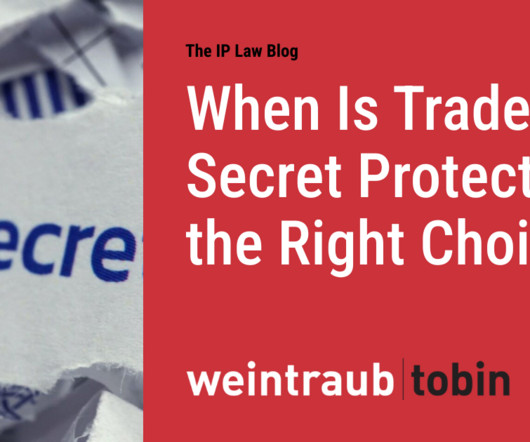

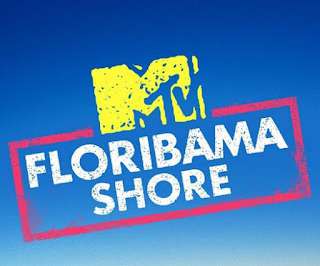


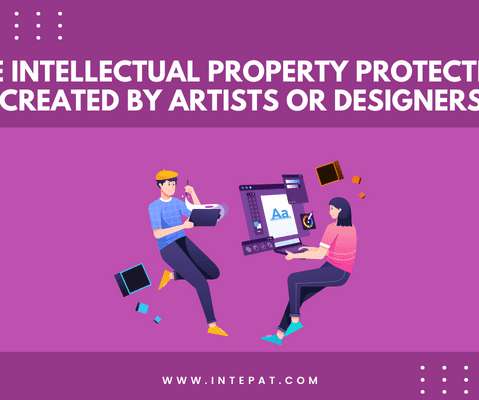


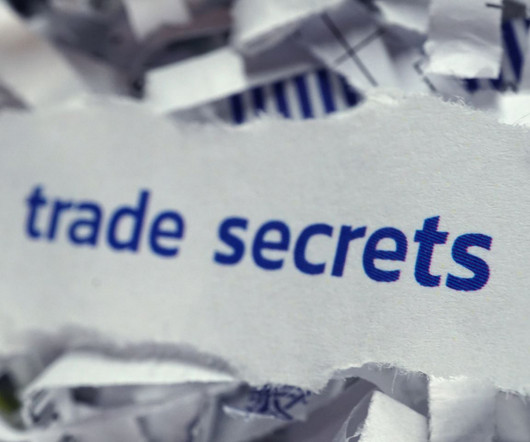

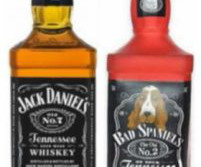






Let's personalize your content